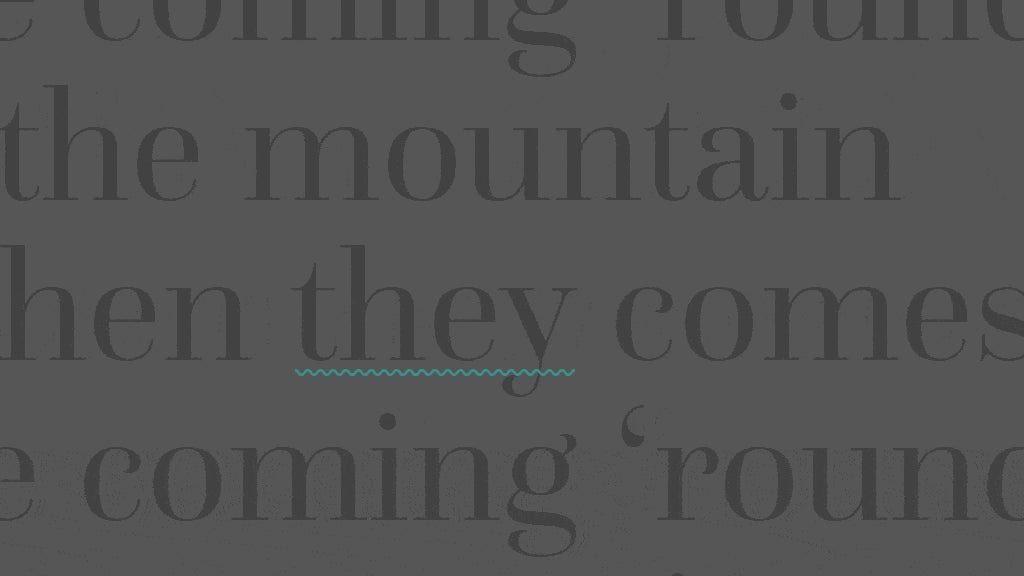The American Dialect Society has spoken: These are the words that defined 2015
The 127-year-old American Dialect Society (ADS) was, as far as we know, the first organization to declare a word of the year. A host of dictionaries, media outlets, and others now offer their own choices for word of the year, but the ADS—made up of linguists, lexicographers, etymologists, and other researchers—still gives the most authoritative account of big linguistic movements over 12 months of American English.


The 127-year-old American Dialect Society (ADS) was, as far as we know, the first organization to declare a word of the year. A host of dictionaries, media outlets, and others now offer their own choices for word of the year, but the ADS—made up of linguists, lexicographers, etymologists, and other researchers—still gives the most authoritative account of big linguistic movements over 12 months of American English.
Each January, ADS members nominate and vote on words in various categories; think of it as the Screen Actors’ Guild Awards of linguistics. There is a category for word of the year, of course, but also most creative word, most outrageous, least likely to succeed, and more. New categories this year are most notable emoji and most notable hashtag.
And the awards for 2015 are in.
The word of the year? Singular “they,” used to refer to a person of any gender, as in the sentence, “If somebody decides to take on this challenge, I sure hope they know what they’re getting in to.” This usage replaces what we’ve long been told should be “he or she,” only it is shorter, already widely used in conversation, and does not imply the old man/woman gender binary. (Quartz independently chose “they” this year as well.)
“While editors have increasingly moved to accepting singular they when used in a generic fashion, voters in the Word of the Year proceedings singled out its newer usage as an identifier for someone who may identify as ‘non-binary’ in gender terms,” the ADS noted in its official statement.
Here are the full results for all categories, including the total number of votes, and definitions provided by ADS.